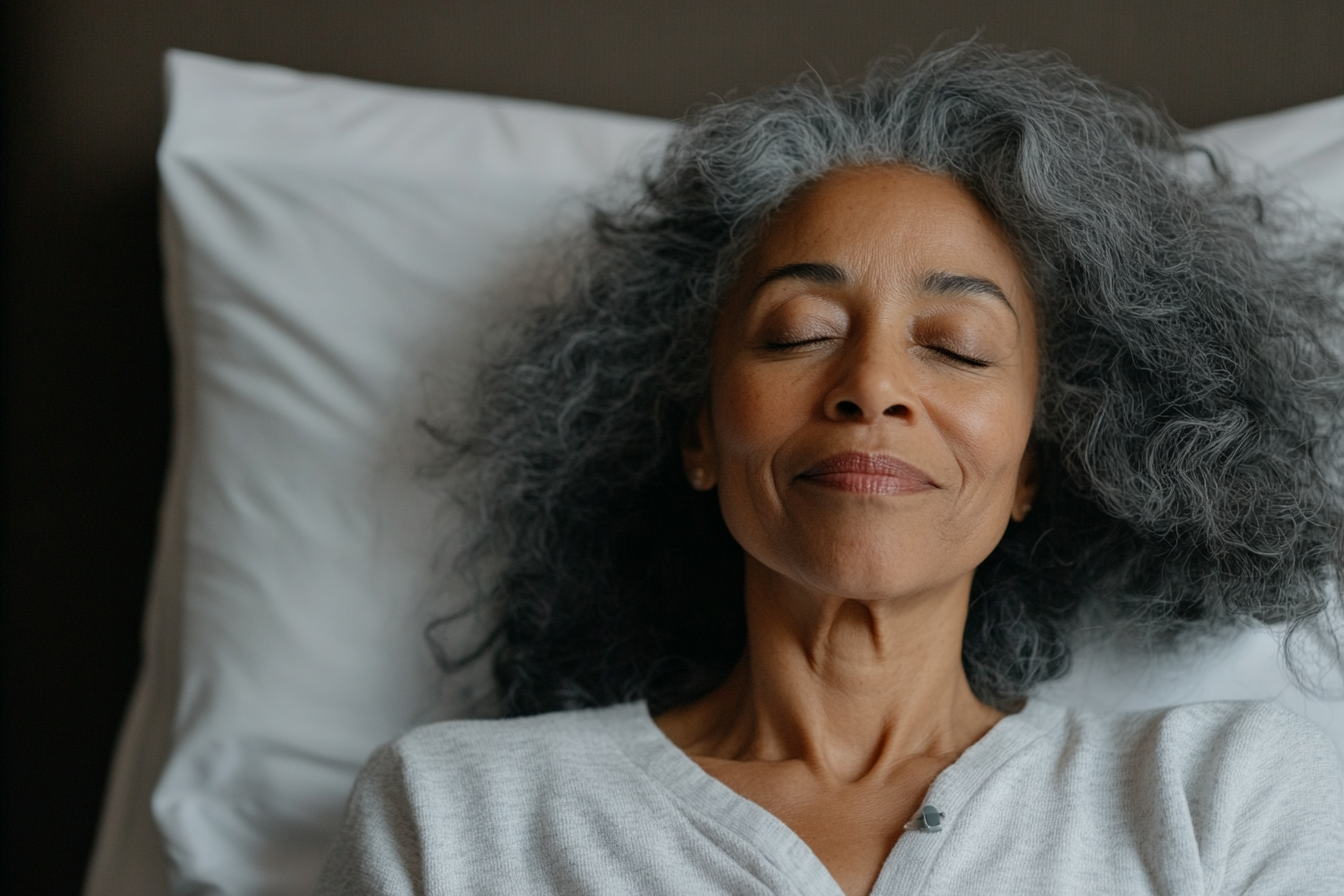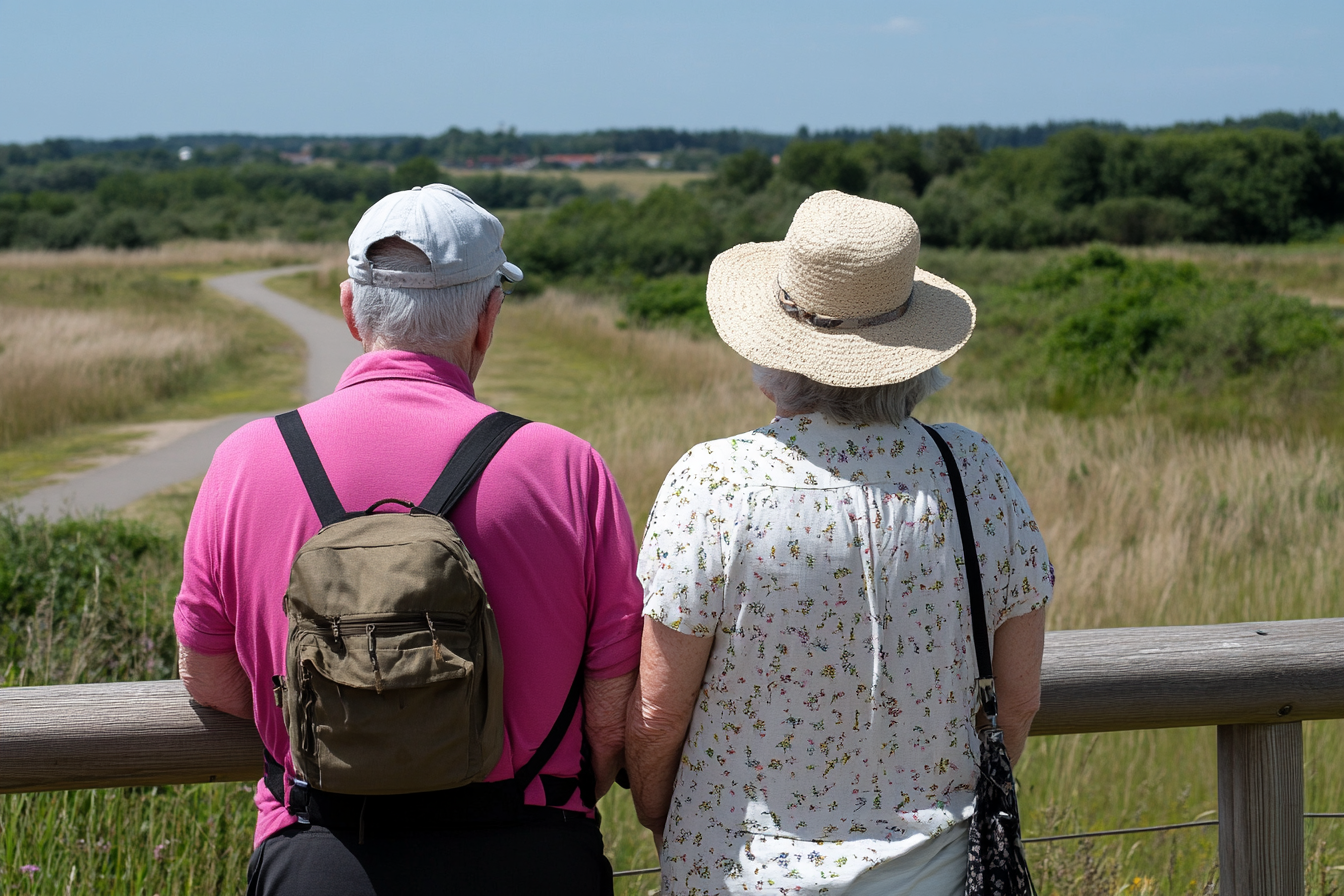From Challenges to Comfort: Palliative Care for Dementia Patients
Practical ways palliative care makes life more comfortable for dementia patients, addressing their physical and emotional needs with care.
What are Activities of Daily Living (ADLs), and why are they important? Uncover their impact on health, identity, and the strategies that support them.

Take a moment to think about your morning. Did you brew a cup of coffee, brush your teeth, or decide what to wear? These small, familiar acts often go unnoticed—until something makes them hard. Maybe you’ve cared for a loved one who suddenly struggles to do these things, or perhaps you’ve experienced a health setback yourself. It’s in these moments that we realize just how central these everyday tasks are to our lives.
These are what we call Activities of Daily Living (ADLs)—the essential actions, like eating, bathing, or dressing, that keep us healthy and grounded. They aren’t just about survival. They’re very closely tied to how we see ourselves and maintain our independence.
When something interrupts our ability to perform these tasks, it’s more than an inconvenience; it can feel like a loss of control. This article explores the concept of ADLs, why they matter so profoundly, and how understanding them can lead to more meaningful support for ourselves or those we care for. Because these routines, simple as they may seem, are at the heart of what it means to live with dignity.

Activities of Daily Living (ADLs) are the foundational tasks that constitute daily self-care. These activities encompass a series of essential actions that individuals perform routinely to maintain their personal hygiene, nutrition, mobility, and overall well-being. The concept of ADLs not only serves as a framework for evaluating an individual’s ability to care for themselves but also offers insight into the complexity of human needs.
Among the most common activities classified as ADLs are bathing, dressing, eating, toileting, and transferring (moving from one place to another). When one considers the age-old rituals of grooming and sustenance, it becomes clear that these seemingly mundane actions are secular sacred rites, carving the pathways of our everyday lives.
Engaging in ADLs is not merely a matter of survival; it is a vital component of an individual's identity and autonomy. These activities contribute to feelings of dignity and self-worth, fostering a positive self-image that can resonate through other realms of life. Whether it’s the quiet confidence of preparing one's own meals or the joy of feeling clean and presentable, these acts are imbued with significance.
Moreover, the fulfillment of ADLs has a ripple effect. When individuals are able to complete these tasks successfully, it enhances their sense of control over their lives and environments, leading to increased independence and mental resilience. This autonomy is paramount in reducing feelings of helplessness and anxiety, which can plague both the young and the elderly alike. Additionally, the ability to perform ADLs can influence social interactions; individuals who can manage their self-care are often more inclined to engage with others, participate in community activities, and maintain relationships, all of which are crucial for emotional health.
ADLs are typically divided into two primary categories: basic and instrumental. Basic ADLs (BADLs) involve essential functions like eating, bathing, and dressing, central to one’s physical survival and health. Conversely, instrumental ADLs (IADLs), such as managing finances, preparing meals, and shopping, represent a higher level of functioning that is crucial for living independently.

Q: What are Basic Activities of Daily Living (BADLs)?
A: Basic Activities of Daily Living (BADLs) are essential self-care tasks required for daily functioning. These include:
Q: What are Instrumental Activities of Daily Living (IADLs)?
A: Instrumental Activities of Daily Living (IADLs) involve more complex skills needed for independent living, such as:
Q: Why are ADLs important?
A: ADLs help assess an individual’s ability to live independently. They are crucial for understanding care needs, monitoring health conditions, and planning support or interventions.
Q: How are ADLs assessed?
A: ADLs are often evaluated by healthcare professionals using standardized tools like the Katz Index or Lawton IADL scale. Observing how well someone performs these tasks provides insight into their physical and cognitive health.
Q: What happens if someone struggles with ADLs?
A: Difficulty with ADLs may indicate the need for additional support, such as assistive devices, caregiver assistance, or medical intervention. Recognizing challenges early can help maintain quality of life and independence.
Understanding the distinction between these categories helps caregivers identify the specific needs of individuals. For instance, an elderly person might find it challenging to manage their medications, a task that falls under IADLs, while still being capable of completing basic self-care tasks. Recognizing these nuances allows for customized support that respects individual abilities and needs. Furthermore, the assessment of ADLs can serve as a critical tool in healthcare settings, guiding interventions and rehabilitation efforts. By evaluating an individual’s performance in these areas, healthcare professionals can develop personalized care plans that not only address immediate needs but also promote long-term health and well-being, ensuring that individuals can thrive in their daily lives.

The interplay between ADLs and an individual’s overall well-being is profound. The ability to perform daily tasks has far-reaching implications on both physical and mental health. The symbiotic relationship between these elements weaves a complex tapestry that illustrates the importance of promoting ADLs.
Indeed, when disruptions occur—be it through illness, injury, or age—the subsequent decline in one’s ability to perform ADLs can lead to a cascade of challenges, impacting everything from self-esteem to emotional stability and physical health. It's this crucial interplay that necessitates attention and support.
Physical health is intricately tied to the performance of ADLs. Completion of these daily tasks often serves as an indicator of an individual's physical state. For instance, a person with limited mobility may find it difficult to dress, bathe, or even prepare meals, which can lead to nutritional deficits and compromised hygiene. This not only affects physical appearance but can also contribute to a host of health problems, such as infections or chronic illnesses.
Additionally, routine engagement in ADLs can be a form of exercise. Simple actions like getting dressed or preparing a meal can involve physical exertion that fosters greater mobility and strength over time. Thus, supporting an individual’s capacity to perform these tasks plays a role in maintaining their physical health and preventing further decline. Furthermore, the act of participating in ADLs can also enhance coordination and balance, which are vital for reducing the risk of falls—a significant concern for the elderly and those with mobility issues. By encouraging activities that promote independence, caregivers can help individuals maintain their physical capabilities longer, ultimately leading to a higher quality of life.

Mental health, too, is a core aspect of the practice of ADLs. Completing these daily activities provides a sense of achievement, which is critical for maintaining one’s mental health. Conversely, challenges in managing ADLs often correlate with feelings of worthlessness and depression. The emotional weight of feeling reliant on others for basic self-care cannot be understated.
Engaging in ADLs promotes psychological well-being by fostering feelings of autonomy and control. This is why interventions that enhance an individual’s capacity to perform ADLs are essential. They not only bolster physical health but also offer substantial psychological benefits, restoring a sense of agency and purpose. Additionally, the social aspect of performing ADLs can’t be overlooked; when individuals engage in these tasks, they often interact with family members or caregivers, which can strengthen relationships and provide emotional support. The act of sharing daily routines can create a sense of community and belonging, further enriching one’s mental health and overall well-being.
Even the most capable individuals can encounter challenges in performing ADLs. Recognizing these barriers is crucial to devising effective strategies for support. The scope of these challenges can vary widely, particularly as individuals age or face health-related issues.
Understanding these impediments is the first step toward creating an environment that fosters independence rather than fostering decay.

As people grow older, the decline in physical abilities can significantly affect their capacity to perform ADLs. This can manifest in decreased strength, limited mobility, and issues with coordination. It becomes a paradox where the very experiences that enrich life often also bring about decline. The gradual erosion of capabilities challenges not only the individual but also their loved ones and caregivers.
In addition to physical limitations, age can bring about cognitive changes that further impede ADL performance. For example, conditions like dementia or Alzheimer’s can cloud judgement and memory, making tasks that were once simple become incredibly challenging. Thus, the age-related challenges in performing ADLs require compassion and thoughtful intervention. Moreover, social isolation can exacerbate these difficulties; as friends and family may become less available due to their own commitments or health issues, the elderly may find themselves navigating these challenges alone, leading to feelings of frustration and helplessness.
Health-related challenges that impact ADL performance can come from a variety of sources, including chronic illnesses, injuries, and mental health conditions. A person recovering from surgery may face significant difficulties in conducting even the most basic of tasks, while someone managing diabetes may confront the complexities of meal preparation and medication management.
Addressing these health-related challenges is key to supporting an individual’s independence. This involves close collaboration between healthcare providers, caregivers, and the individuals themselves to develop comprehensive care plans that accommodate their specific needs and challenges. Additionally, the emotional toll of chronic health issues can lead to anxiety and depression, further complicating the ability to engage in daily activities. Support groups and mental health resources can play a vital role in helping individuals cope with these emotional hurdles, creating a more holistic approach to managing their overall well-being.
To enhance an individual’s ability to perform ADLs, various strategies can be employed. These strategies can range from simple modifications at home to the implementation of assistive technologies. The aim is to empower individuals to regain—or maintain—their independence in everyday life.
Ultimately, the goal is clear: to restore autonomy and dignity, transforming daily routines into affirmations of life.
Assistive devices have revolutionized the support of ADLs, enabling individuals, especially the elderly or those with disabilities, to perform essential tasks with greater ease. From grab bars in bathrooms to specialized utensils for eating, these tools help break down barriers that might otherwise impede daily functions.
Moreover, technology is rapidly evolving in this arena—from mobility aids to smart home devices that facilitate independent living, the options are expansive. Adopting these assistive devices can profoundly alter the day-to-day experiences of individuals, allowing them to reclaim control of their lives.
Caregivers play a fundamental role in supporting individuals to perform ADLs. Their involvement is multi-faceted, ranging from physical assistance to emotional encouragement. It is crucial that caregivers provide support in a manner that promotes independence rather than fosters dependency. An effective caregiver acts as both a guide and a collaborator in helping individuals navigate their daily tasks.
Creating a partnership where the caregiver empowers the individual fosters not only independence but also enhances the dignity of the individual. The relationship between caregiver and care recipient can transform the act of performing ADLs from a chore into a shared journey—a delicate dance of trust and mutual respect.
The completion of ADLs serves as a powerful catalyst for enhancing well-being. The mere act of participating in everyday activities enshrines a sense of purpose and belonging. When individuals are capable of engaging in these tasks, it leads to a profound sense of accomplishment and fulfillment.
Understanding this connection reinforces the notion that supporting ADLs is not merely a matter of helping someone manage their tasks; it helps them enjoy their later years much more richly.

Accomplishing daily tasks fosters confidence and self-efficacy. When individuals engage successfully in ADLs, they not only affirm their physical capabilities but also reinforce their self-worth. This newfound confidence can inspire individuals to undertake more complex tasks and pursuits, creating a virtuous cycle of engagement and fulfillment.
Encouragement from peers, family, or caregivers further amplifies this growth. Constructive feedback and validation foster an environment where individuals feel safe to explore their boundaries and push their limits, nurturing an enduring sense of independence.
ADLs also serve as a bridge to enhance social interaction. Engaging in community activities such as shared meals, group exercises, or communal gardening not only fulfills basic needs but also fosters connections with others. These interactions become core aspects of an older adult's social life, reinforcing partnerships and friendships.
The nurturing of social ties through ADLs can combat feelings of isolation and loneliness, often prevalent among seniors or individuals with disabilities. Recognizing the social dimension of ADLs allows for a more holistic approach to well-being that honors not only individual needs but the human experience as a whole.
Activities of Daily Living or ADL's are more than just routine tasks; they encapsulate the essence of individual well-being. Understanding their importance, recognizing the challenges that may arise, and developing strategies to support these activities can lead to enhanced quality of life. By fostering independence and encouraging social connections, we can all contribute to a more compassionate and inclusive community.